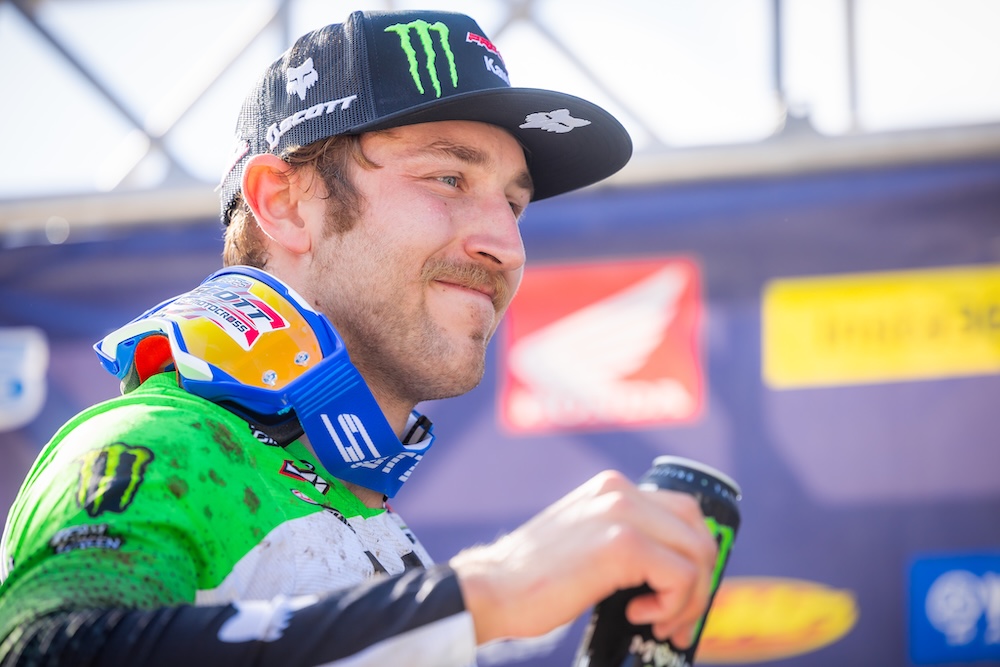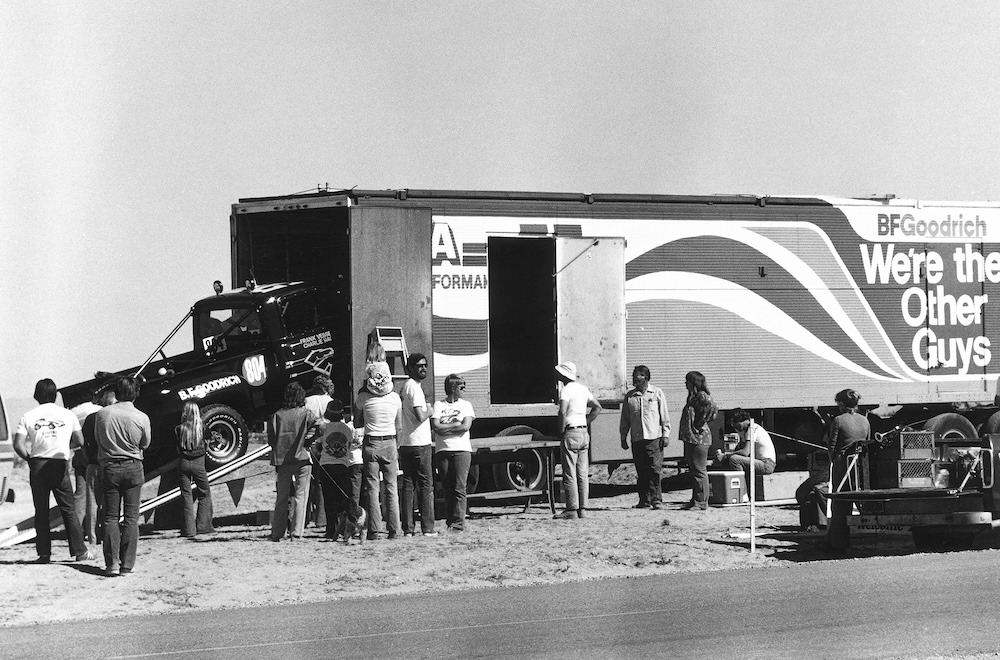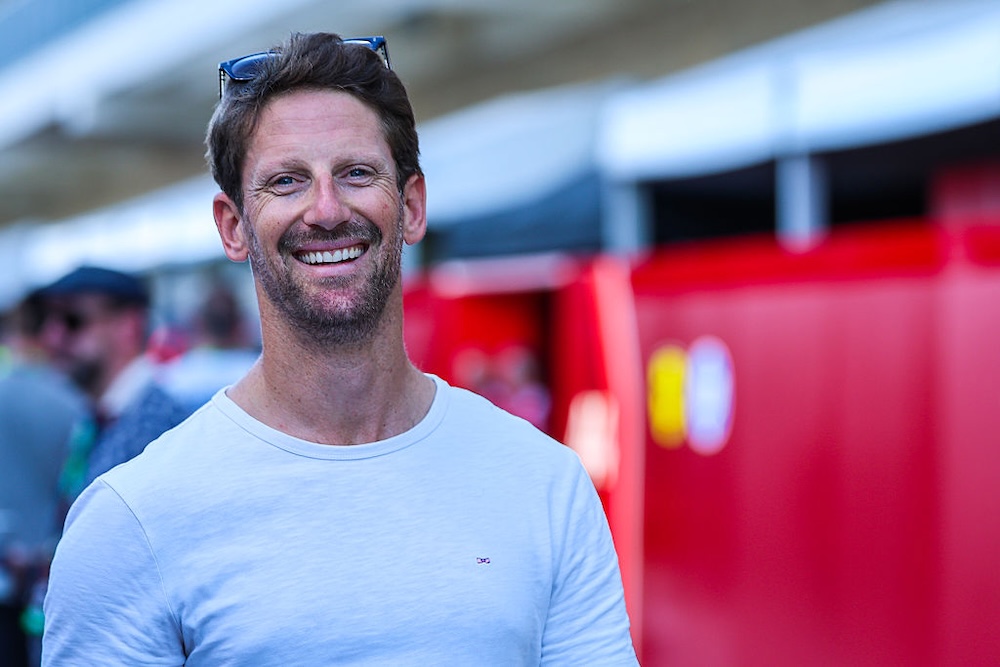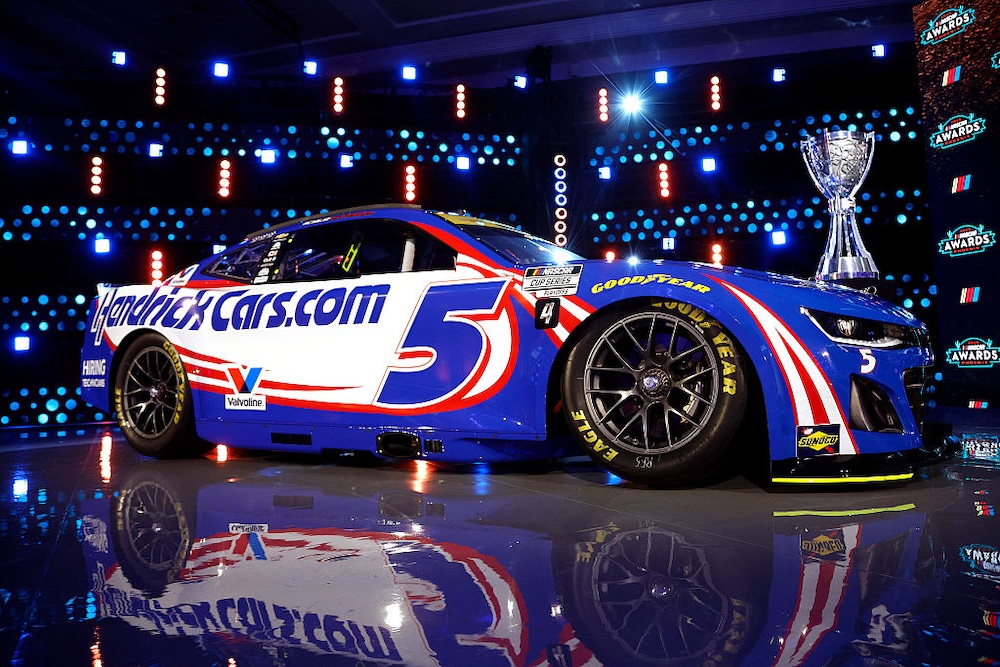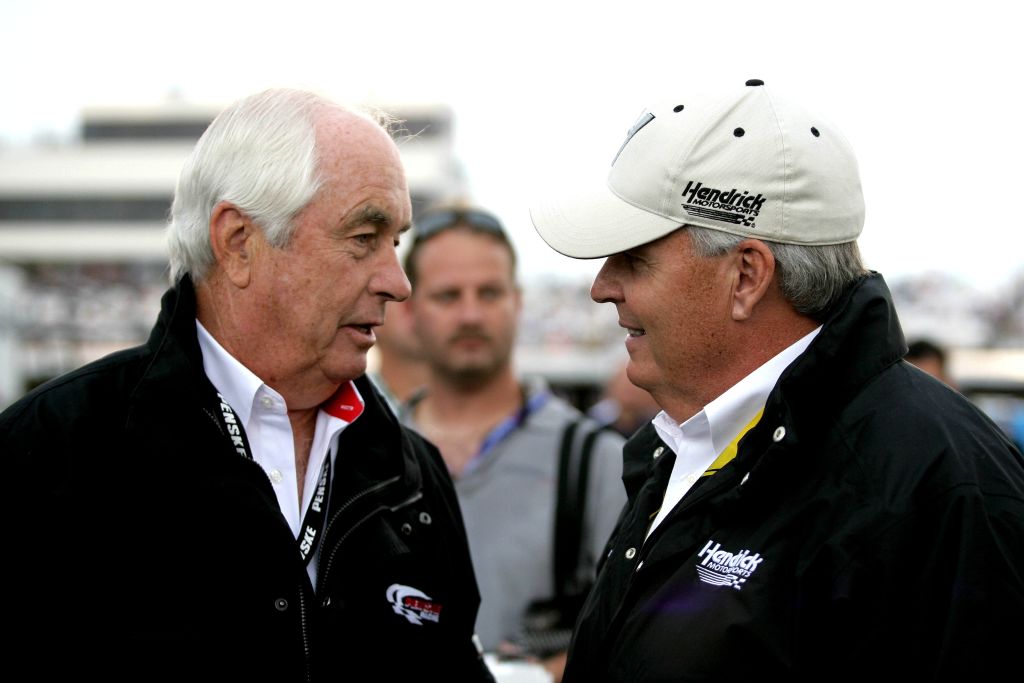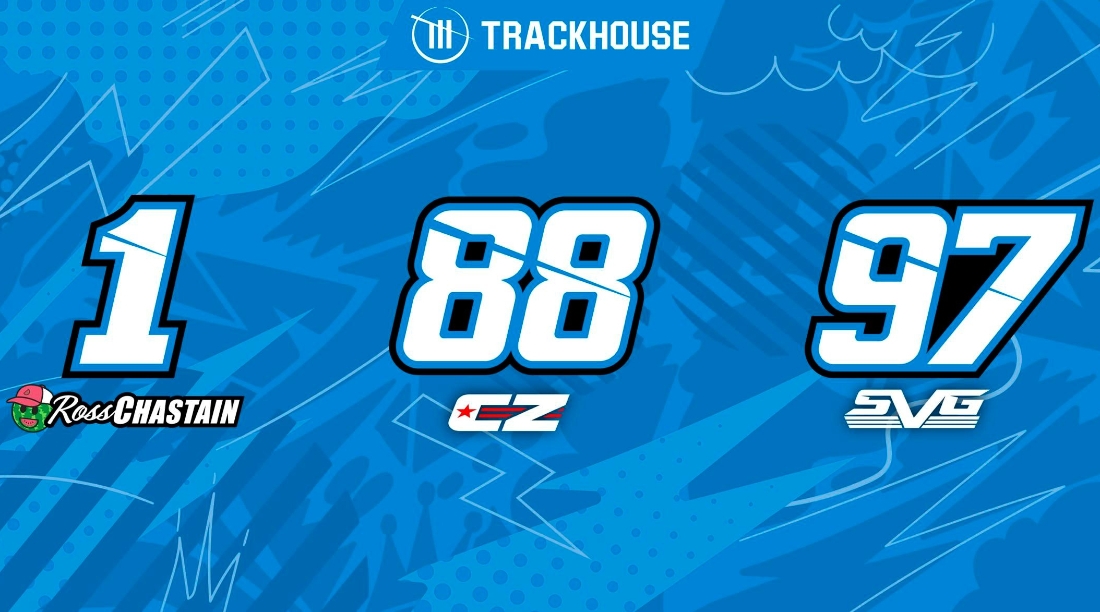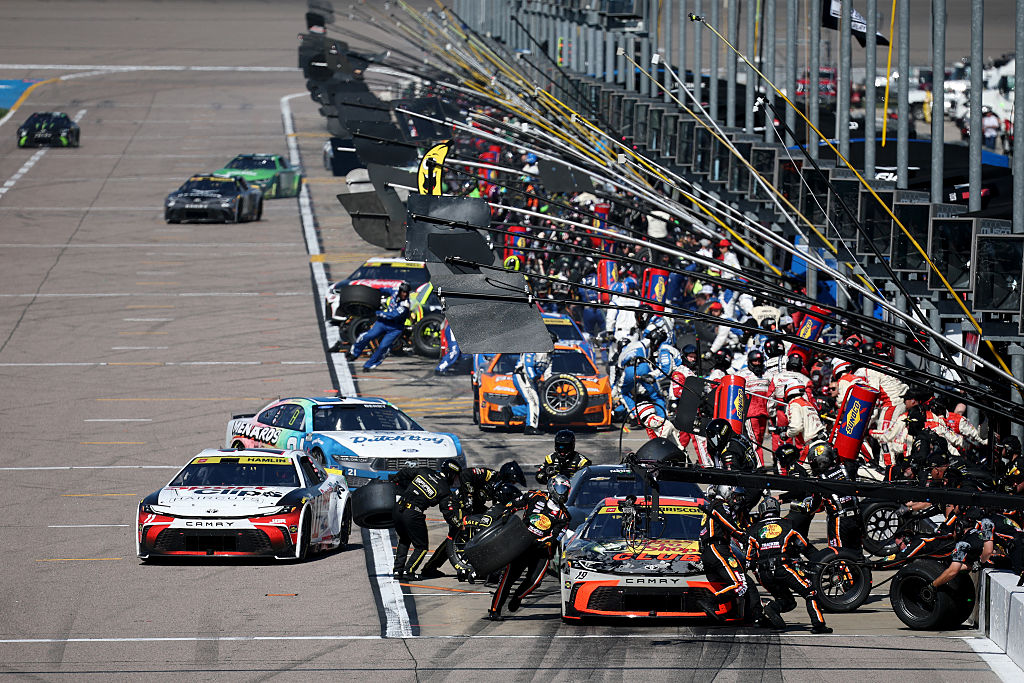
Chris Graythen/Getty Images
ShareThis is disabled until you accept Social Networking cookies.
Multiple Cup team owners provide statements of support in NASCAR summary judgment motion
In its motion request for summary judgment against 23XI Racing and Front Row Motorsports in the antitrust case, NASCAR included declarations from numerous Cup Series team owners or executives.
There were 11 declarations in total. Rick Hendrick, Roger Penske, and Joe Gibbs, the three most dominant teams in the Cup Series, were among them. However, there were also declarations from two independent team owners, Carl Long and B.J. McLeod, neither of whom owns charters.
23XI Racing and Front Row Motorsports were the only two teams (of 15) that did not sign the charter agreement. They filed a joint antitrust lawsuit against NASCAR in October.
Here are some of the quotes from the lengthy declarations submitted:
Rick Hendrick: “Shortly after Hendrick Motorsports signed its four Charters, I made remarks to members of the press that conveyed my perspective: ‘I think we worked really hard for two years, and it got down to, you’re not going to make everybody happy. But in any negotiation, you’re not going to get everything you want, and so I felt it was a fair deal and we protected the Charters, which was number one, we got the revenue increases, I feel a lot of things we didn’t like we got taken out, so I’m happy with where we were.
"The Charter agreement is critical to the stability of the NASCAR ecosystem – the teams, the businesses that support us and NASCAR itself. Undoing what we have collectively negotiated will not only result in immeasurable damage to our sport and our respective businesses, it will, most importantly, hurt the people and families that depend on us for their livelihoods.”
Roger Penske: “I believe that the Charter system has been beneficial because it delivered on the race teams’ goal of creating long-term equity value. My belief in the value of the NASCAR Charter system is confirmed by the fact that, based on my experience with NASCAR’s Charter system since 2016, I decided to create a Charter-type system in IndyCar. In 2024, the NTT IndyCar Series and all teams racing full-time in IndyCar entered into a charter agreement effective for the 2025 season. The IndyCar Charter has some similarities to the NASCAR Charter and I believe has brought value to our series.
"Attempting to address team concerns with the cost to race in Cup Series races, NASCAR with feedback from the teams, introduced what is called Next Gen car. Since the Next Gen car began racing in 2022, Team Penske's Cup Series race car costs have been reduced due to a smaller number of race cars in the fleet and a lesser volume of parts replacements. In addition to cost efficiencies, the Next Gen car has enhanced on track racing for our team and certainly others.”
Joe Gibbs: “The most important thing to me is that this lawsuit is resolved amicably, quickly, and in a manner that preserves the Charter system and the long-term viability of our incredible sport. That must happen to ensure the health, happiness and prosperity of our many hundreds of employees and their families. Nothing matters more to me.”
Brad Keselowski: “Although the teams did not get all they wanted in the Charter negotiations, the 2025 Charter reflects a compromise RFK Racing was ultimately willing to accept, and I believe it should contribute to growth in team equity values. I was approached by a short-track series called Superstar Racing Experience (SRX) about driving in SRX races. I raced in the entire SRX series season (six races) in 2023 while continuing as a co-owner of, and driver for, a Cup Series team. NASCAR did not prohibit my participation in the SRX series.”
Cal Wells (Legacy Motor Club CEO): “Before the Charter system was implemented in 2016, NASCAR teams had no reliable mechanism to capture organizational value if sponsorship left or ownership stepped aside. The Charter system changed that equation, providing predictable cash flow, guaranteed race entries governance rights, and, critically, a transferable business asset. The ability to sell both physical assets and charter rights has made team ownership significantly more sustainable.
"I also participated in the negotiation process leading up to the 2025 Charter Agreement. Legacy Motor Club received and reviewed multiple drafts in late 2023, May 2024, August 2024, and September 2024. Our team provided comments and input, and while not all parties secured every objective, I believe the final agreement represents a viable, forward-looking framework for collaboration between NASCAR an its team.”
Gordon Smith (Hyak Motorsports majority owner): “I believe that the 2025 Charter represents the best deal that HYAK Motorsports and the other participating teams were able to negotiate, and the stability and certainty afforded by the Charter system is a key and integral part of what enables us to have success. I have significant concerns about the current litigation, given the uncertainty it brings and the detrimental effect it may have on the future of the sport.”
Jon Wood (Wood Brothers Racing president): “I believe that the 2016 Charter delivered value to Wood Brothers and was the reasoning for investing in the Charter in 2020. I believe that the 2025 Charter delivers even more value.”
Rick Ware: “The Charter system has allowed a small, family-run race team like RWR to use the financial security that is inherent with the provisions of the agreement with NASCAR, to grow into a multi-disciplinary motorsport organization that includes having owned and leased as many as five full-time Charters at one time in the 2020 and 2021 NASCAR Cup Series seasons. Without the Charter system, we could not have grown our footprint to what it is today and would not have ever realized the ability to operate as a full-time NASCAR Cup Series team.”
Richard Childress: “As a team owner for many decades, I believe in the concept of NASCAR’s Charter system. Given the challenging business model and economics that Cup Series team owners face, Charters are essential to creating enterprise value for teams. The Charter system has helped create long-term equity value and has allowed for team equity value to grow.”
Carl Long: “If MBM Motorsports was able to acquire a Charter as it currently exists, MBM Motorsports would do so because I believe in the future of the Cup Series and I also believe that the current Charter system brings value to the race teams, and guaranteed entry into races would make it easier for MBM Motorsports to sell sponsorships.”
B.J. McLeod: “In 2020, I formed Live Fast Motorsports, which purchased a portion of a NASCAR Charter that Live Fast Motorsports used to compete in Cup Series races (racing the No. 78 car) until the end of the 2023 season when I decided to sell the Charter to Spire Motorsports due to demand of NASCAR Charters rising and the increase in value, it was the best business decision for me at that time. I thought the terms of the 2016 Charter agreement were fair and the value of owning one increased over the time I operated and owned it.”
Topics
ShareThis is disabled until you accept Social Networking cookies.
Kelly Crandall
Kelly has been on the NASCAR beat full-time since 2013, and joined RACER as chief NASCAR writer in 2017. Her work has also appeared in NASCAR.com, the NASCAR Illustrated magazine, and NBC Sports. A corporate communications graduate from Central Penn College, Crandall is a two-time George Cunningham Writer of the Year recipient from the National Motorsports Press Association.
Read Kelly Crandall's articles
Latest News
Comments
Disqus is disabled until you accept Social Networking cookies.
